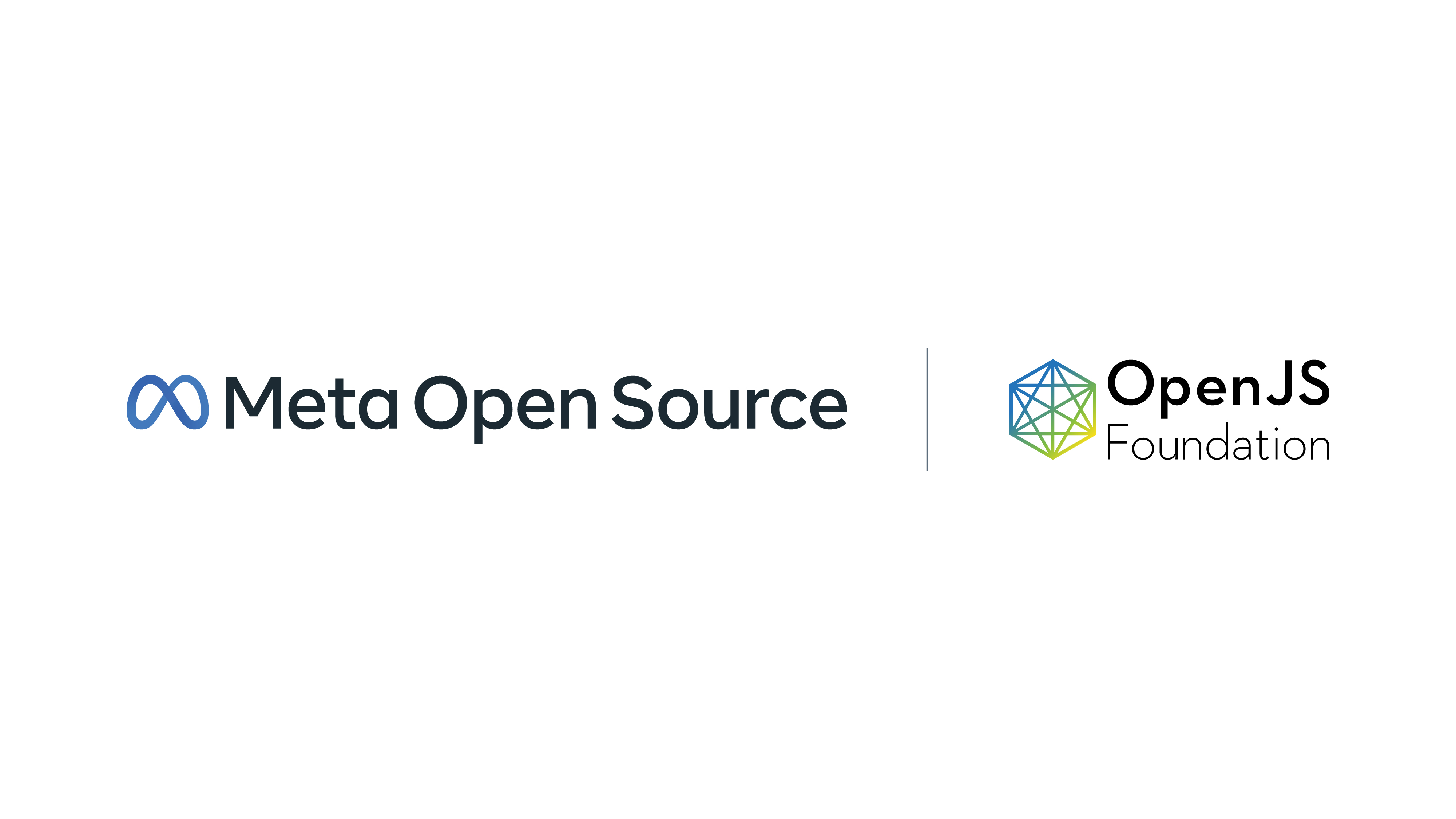Meta Open Source is officially transferring Jest, its open source JavaScript testing framework, to the OpenJS Foundation.
With over 17 million weekly downloads and over 38,000 GitHub stars, Jest is the most used testing framework in the JavaScript ecosystem and is used by companies of all sizes, including Amazon, Google, Microsoft, and Stripe. We believe that transferring ownership of Jest to the community — and moving it into a foundation focused on supporting the JavaScript ecosystem — is an exciting and natural next step as Jest matures as an open source project.
We have always looked at open source as an opportunity to share our work and help others iterate and move quickly. This move does not change how Jest is developed or released, and it does not directly affect developers using Jest to test their applications.
A history of Jest at Meta
Jest (originally called “jst” internally) is an open source JavaScript testing framework that allows developers to write high-performance tests with minimal configuration and a simple-to-use API. Jest’s tagline is “a delightful JavaScript Testing Framework,” and Jest has received user satisfaction ratings over 90 percent in surveys such as State of JS.
Jest was created in 2011 when Facebook’s chat feature was rewritten in JavaScript. The increased complexity required a fast test-driven development cycle. It was open-sourced in 2014 and maintained part-time by engineers at Meta until 2016, when Christoph Nakazawa, a former Meta engineer and current Jest core contributor, overhauled the project with a dedicated team. During that time, engineers at Meta created many of the features users recognize Jest for today, including performance, watch mode, and snapshot testing.
As the project grew, so did the external community of open source contributors that maintained it. In 2018, Meta announced a new Jest Open Collective to support non-Meta employees developing and maintaining Jest.
To date, the Jest Open Collective has raised over $70,000 in funds for the Jest open source community. The open source community has made major improvements to Jest, such as jest-each, inline snapshots, interactive snapshot mode, watch mode plugins, better defaults, ESM support, and more.
Today, Jest is primarily maintained by a group of core contributors external to Meta led by Simen Bekkhus. In fact, since 2018, almost all the contributions made to Jest have been made by open source contributors outside of Meta. Because the project is maintained by the community, we feel it’s best for the community to take over ownership of the project.
So, today, we are transferring ownership of Jest to the Jest core team via OpenJS.
What is the OpenJS Foundation?
The OpenJS Foundation is host to a number of open source JavaScript projects, including jQuery, Node.js, Electron, AMP, and webpack. It’s supported by 30 corporate and end-user members, including GoDaddy, Google, IBM, Intel, Joyent, and Microsoft.
The OpenJS Foundation is committed to supporting the healthy growth of the JavaScript ecosystem and web technologies by acting as a neutral organization to host and sustain projects and to collaboratively fund activities for the benefit of the community at large.
Moving Jest to OpenJS will allow the Jest core team to lead the project moving forward.
What is changing with Jest?
Jest joining the OpenJS foundation does not change how Jest is developed or released and does not directly affect developers using Jest to test their applications. Jest will continue to operate the same as before, with the project led by the Jest core team: Simen Bekkhus, Christoph Nakazawa, Orta Therox, Michał Pierzchała, and Rick Hanlon.
Jest 28 was recently published with contributions from over 60 contributors, two thirds of which were first time contributors. Long term, we hope the Jest community will continue making Jest more accessible to new contributors and develop features for delightful JavaScript testing.
Next steps
Over the next few months, we’ll be completing the OpenJS Foundation’s incubation program checklist, including transferring the Jest domain, repo, website, and other assets to OpenJS. We’ll also be updating the code of conduct and contributor license agreement.
Additionally, as part of this move, we will be publishing a project charter and creating new governance policies that will document the process for gaining commit access, as well as our leadership selection process.
Learn more
Jest is one of over 800 active projects from Meta within the worldwide open source community. Meta has long been a supporter of open source software and the open source community. In addition to making a lot of our engineering work publicly available, including sharing our research, code, designs, and engineering work, we also invest in organizations that are important for the long-term sustainability of the open source ecosystem.
To get started with Jest, take a look at our documentation.
To learn more about Meta’s open source efforts, visit Meta Open Source.










